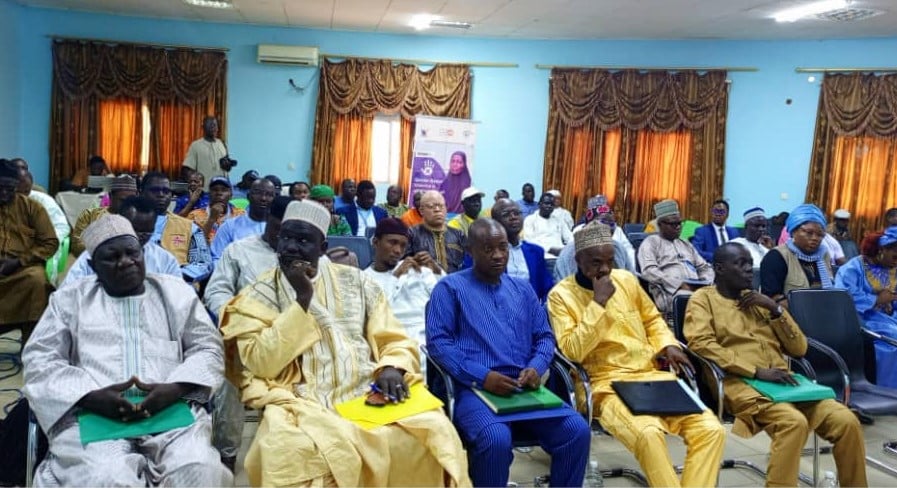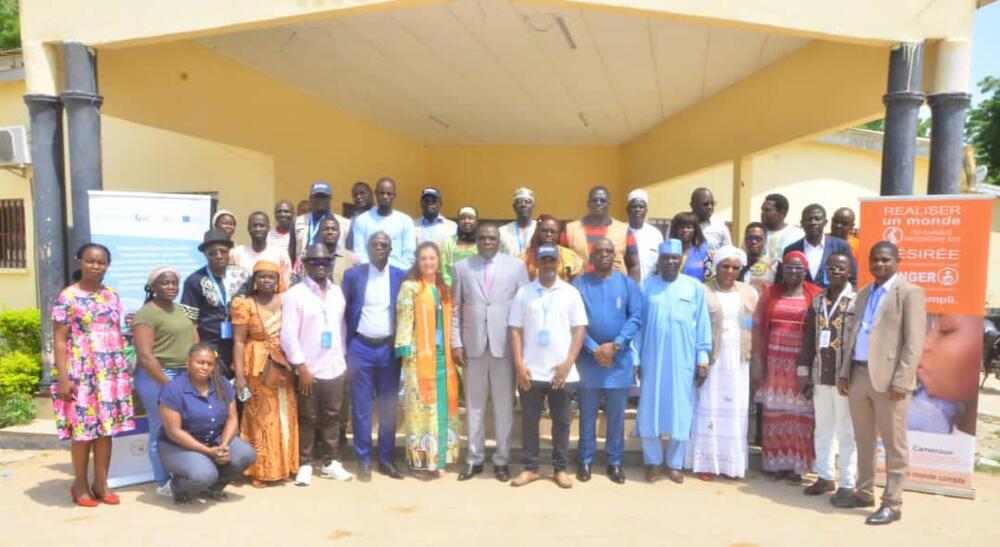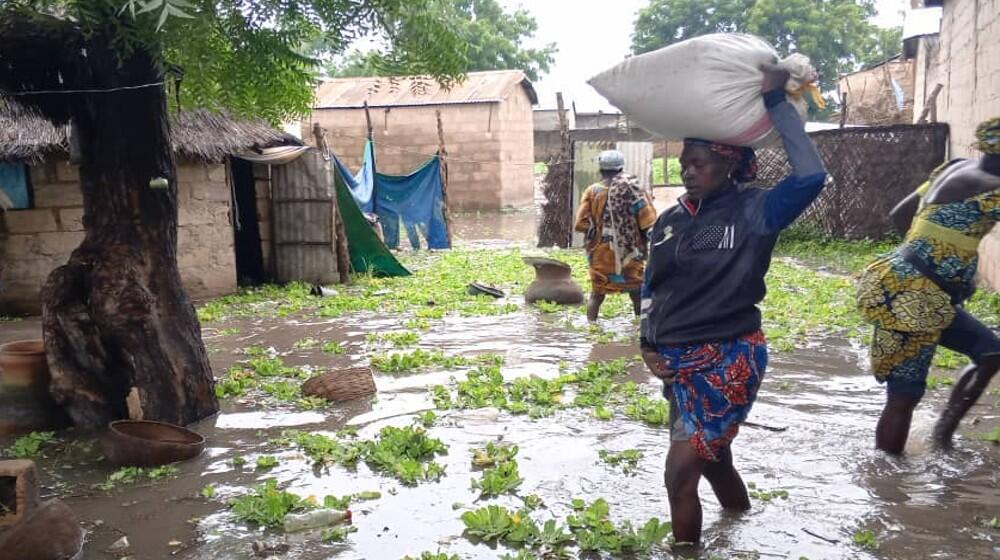MAROUA, September 19th, 2024 - The Representative of the Governor of the Far North Region alongside key humanitarian actors and partners, including UNFPA, officially launched the Project titled "Reducing humanitarian needs in the Far North of Cameroon by strengthening the preparedness of multi-level actors to climate shocks". This project is funded by the Directorate-General of the European Commission responsible for humanitarian aid and civil protection (DG-ECHO) and implemented by a consortium led by the United Nations Food and Agriculture Organization (FAO) and composed by UNFPA, the International NGO Action Against Hunger and various other implementing partners from national authorities and civil society. It mainly aims at strengthening the capacities of communities and local authorities facing the growing challenges posed by climate change and instability in the region.

The Far North Region is one of the most fragile areas of the country in terms of exposure to environmental, health and human-made risks and has been experiencing several shocks such as armed activities of non-state armed groups, inter-communal violence, epidemics’ outbreaks, floods, droughts, crop and animal diseases. Women and girls, people living with disabilities, indigenous people and the youth are disproportionately exposed to rights violations during shocks, losing access to health, protection and livelihoods. These shocks disrupt access to social protection services such as health and education, and reinforce gender inequalities, ultimately increasing the risks of gender based violence for women and girls in affected communities. Further, the region has capacity gaps and lacks sufficient tools to monitor, alert and initiate actions to timely detect likelihoods of events, have adequate capacities to react and mitigate the impact of risks, and be well prepared to respond in case of a shock.
This project, therefore, focuses on strengthening early warning systems, multi-level coordination, and disaster preparedness, ensuring that interventions are conflict and protection sensitive in 12 municipalities of the Far North Regions.
UNFPA, as the United Nations Sexual and Reproductive Health Agency, will play a pivotal role on humanitarian

protection by placing women and girls, people living with disabilities and the youth at the heart of disaster preparedness in the Far North. More precisely, UNFPA includes women-led, youth-led and people with disability-led organizations from civil society as well as state structures in charge of health, social affairs, youth and gender as key actors of disaster risk preparedness in the Far North. This entails establishing systems and an enabling environment which will ensure greater participation of women and girls, of people living with disabilities and of the youth in disaster risk reduction fora and coordination. UNFPA will specifically support social protection and health systems to be more prepared in dealing with sexual and reproductive health and protection from gender-based violence. By strengthening the health system readiness and capacity on Minimum Essential Service Package on Sexual and Reproductive Health to be rolled out in case of a shock and by social protection action in ensuring GBV services are delivered. UNFPA will improve information management on GBV risks and SRH capacities and increase access to information and services of communities in fragile areas.
"During climate and man-made shocks access to life-saving sexual and reproductive health servicesmight be disrupted. In a crisis setting, women and girls will be exposed to great risks of gender based violence and maternal mortality increases by 61% in comparison to a normal situation. Let's imagine the challenge of a young pregnant woman living with disability entering into labor when everything around her is flooded. " said Noemi Dalmonte, UNFPA Cameroon Deputy Representative. "This project is not only an opportunity to strengthen preparedness by health and protection systems but also to include young people, the people with disabilities and women and girls as key actors of preparedness and response." she concluded.
Through this ambitious project, UNFPA joined FAO innovating the existing approach in disaster risk and anticipatory action aiming to leave no-one behind in the face of the growing challenges posed by climate change and conflict.


